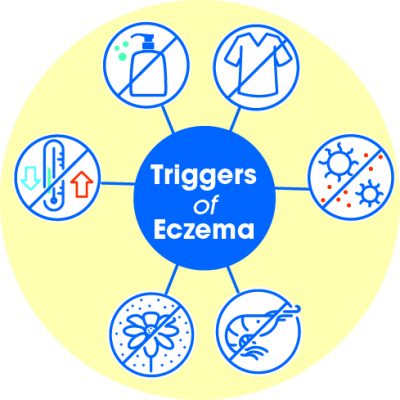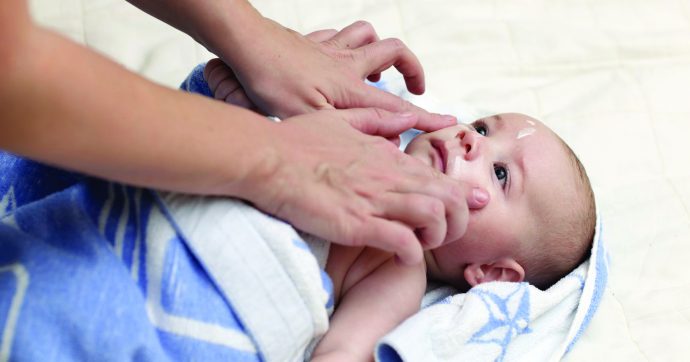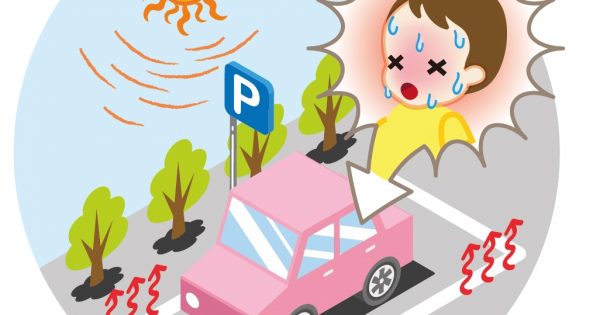Atopic dermatitis, or also known as eczema, is a common skin condition affecting about 10-20% of children around the world. It is not just dry skin, but distinct and can cause serious discomfort due to itching.
Majority of children develop eczema before their 1st birthday; however it may appear as late as 5 years old. Studies have shown that usually children outgrow the eczema but in some cases, it may persist until adulthood with symptoms that come and go. Do note that eczema is not a type of allergy (although there may be a link) and it is not contagious.
One main symptom of eczema is intense itching. Other symptoms include:
- Itchy, dry, scaly skin
- Rashes, usually on the face, neck, hands and legs
- Small bumps/blisters that ooze liquid
- Changes in skin colour (redness/pigmentation)
- Skin infection
Causes & triggers
The exact cause of eczema is still being studied and may be related to an overactive immune response to certain irritants. Another important cause is genetics, which includes inheriting dry skin, eczema, asthma, or hay fever from one or both parents. Other risk factors include the living environment (city area or cold climate have higher chances) and gender (male are more likely).
Eczema can “flare-up” when triggered by many factors that include:

- Skin in contact with rough or coarse fabric, e.g. wool
- Bacterial or viral infections
- Stress or food allergies may also indirectly worsen symptoms
- Allergens like animal dander, pollen or dust mites
- Hot or cold temperatures
- Irritants like soaps, detergents or perfumes
Living with eczema
- Eczema can be managed by avoiding triggers, keeping skin moist and controlling the urge to scratch. Moisturise as frequently as necessary because dryness leads to itchiness. Cover itchy skin and wear loose and soft clothes like cotton or silk. Avoid scratchy fabric like wool and synthetics, or dressing in thick or tight clothes.
- Avoid activities that make your child sweat, or sudden changes in temperature or humidity.
- Keep temperature and humidity levels comfortable. Use a humidifier or air conditioner indoors.
- Use soap-free cleansers, detergents and fabric softeners that are hypoallergenic, and avoid perfume.
- Consult your child’s paediatrician to identify the possibility of food allergy triggers and manage the allergy.
- Keep your child’s fingernails short to prevent him scratching and injuring the skin, which can lead to an infection.
What can be done?
Eczema is treated symptomatically, focusing on hydrating and moisturising the skin. At times a child may need medications to ease the itch. Frequent moisturisation with lotions or creams should control itchiness by keeping the skin moist. Clinically- proven products can provide long lasting moisturisation, strengthen the skin barrier and prevent the recurrence of dry skin. These moisturisers should be applied right after a bath and before sleep to lock in moisture.
For moderate to severe cases, corticosteroids or non-steroidal anti-inflammatory creams are often prescribed to control inflammation and itchiness. If skin is infected by bacteria, antibiotics may be prescribed. Other treatments include antihistamines to lessen severe itching, or phototherapy, by applying UV light to the skin.
Eczema can greatly affect your child’s quality of life. Itching can keep him awake at night and distract him from his lessons at school. It may also deprive him from sports or outdoor activities. Your support as parents is important to help your child deal with this condition.







Comments